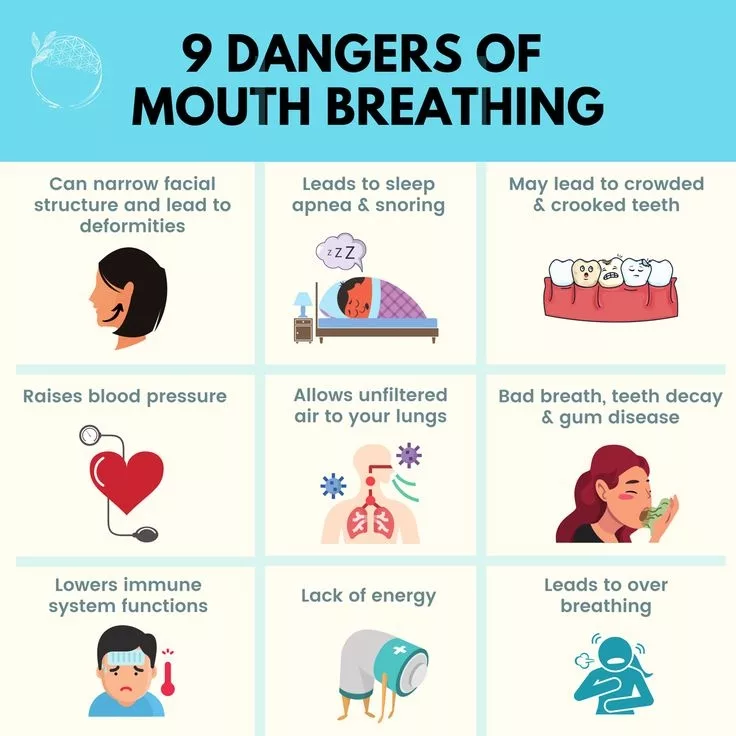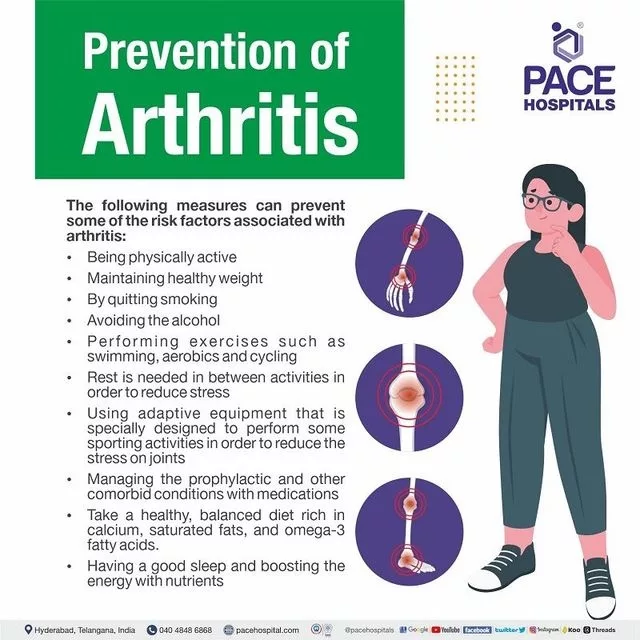Decreased kidney function
#. Mr. A (72) recently underwent a check-up and was diagnosed with increased creatinine and blood urea nitrogen levels, decreased glomerular filtration rate, and the presence of proteinuria and hematuria, indicating impaired kidney function. Suffering from hypertension and diabetes, Mr. A believed these issues were natural consequences of aging and did not pay much attention to controlling his blood pressure or managing his diabetes. Recently, he felt fatigued, experienced swelling, and noticed a decrease in urine output, but again attributed these symptoms to aging.

As people age, kidney function can naturally decline due to aging. However, if underlying conditions like those of Mr. A are not properly managed or if kidney function is not monitored, it can lead to chronic kidney disease, which requires caution.
According to the Health Insurance Review and Assessment Service, the prevalence of chronic kidney disease in 2022 was 1.3% in the 20s, 4.0% in the 30s, 3.7% in the 40s, 8.1% in the 50s, 9.8% in the 60s, and 21.6% in those aged 70 and above, indicating a relatively higher occurrence among the elderly.
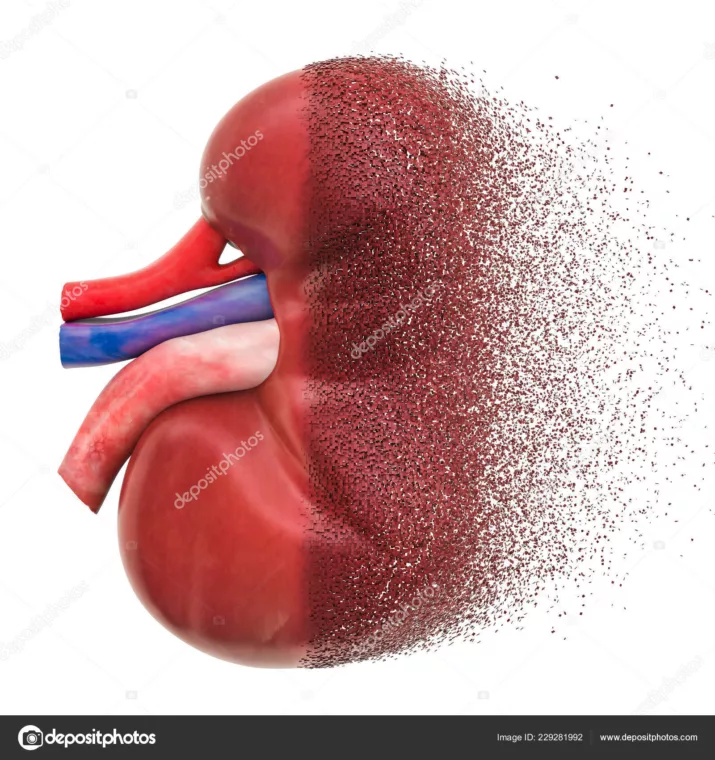
Additionally, the number of patients in 2022 was 296,397, which is a 116.4% increase from 137,003 in 2012, and the medical expenses reached 2.3 trillion won, showing an increase of over 1 trillion won in the past decade.
If diabetes is not properly managed, it can lead to poor blood sugar control and diabetic nephropathy. Cardiovascular diseases, including hypertension and atherosclerosis, can damage kidney blood vessels and blood flow, negatively affecting kidney function and potentially leading to kidney disease. Furthermore, some medications taken to treat chronic diseases can place additional strain on the kidneys.
Other complex factors that can cause kidney disease include recurrent urinary tract infections, chronic inflammation, lack of physical activity, nutritional imbalances, exposure to toxins, and family history.
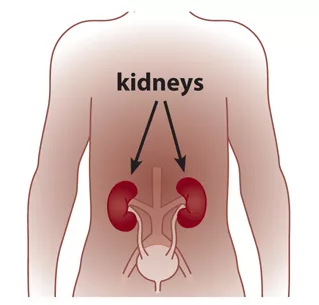
Director Min-ji Kim of the Artificial Kidney Center at Daedong Hospital (nephrology specialist) stated, “As we age, we are more susceptible to various diseases, but kidney disease often has few symptoms in the early stages. Regular check-ups and consistent preventive care are essential.” She advised, “Even without a family history, if prescribed medications for chronic diseases or if unusual symptoms appear, it is crucial to consult with your primary doctor to check your health status.”
Symptoms of kidney disease include ▲ fatigue and lethargy ▲ foamy urine ▲ decreased urine output ▲ lower extremity edema ▲ loss of appetite ▲ itching ▲ nausea and vomiting. However, symptoms often do not appear in the early stages and manifest only after significant progression of the disease.
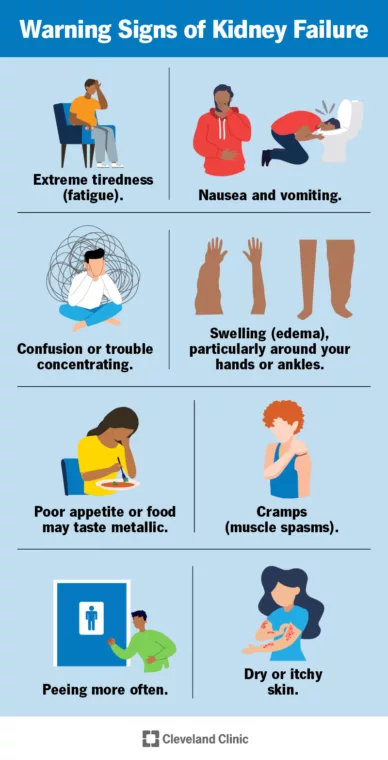
Since regular monitoring is important, kidney status should be periodically checked through blood tests for creatinine and glomerular filtration rate, as well as urine tests for proteinuria.
If you have chronic diseases such as hypertension, diabetes, or cardiovascular issues, follow your doctor’s instructions for consistent management, and when starting new medications or changing existing ones, always consult your primary doctor.
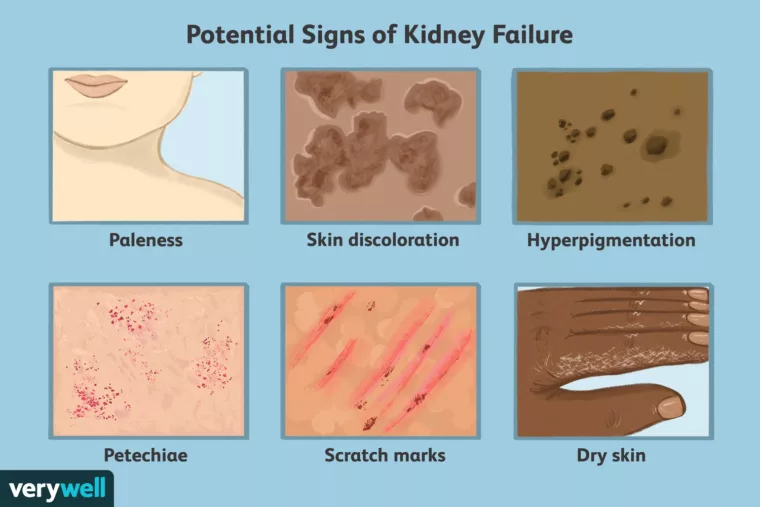
It is advisable to avoid foods high in sodium, sugar, and saturated fats, maintain a balanced diet with fruits and vegetables, and pay attention to fluid intake.
Regular physical activity positively impacts overall health management, so choose exercises suitable for your fitness level and aim for at least 30 minutes of activity daily, while also avoiding smoking and drinking, and undergoing regular health check-ups.
Foods good for the kidneys:
- Berries: Blueberries and strawberries are rich in antioxidants, which help support kidney health.
- Apples: They are high in fiber and vitamins, supporting kidney function.
- Bell Peppers: Rich in vitamin C and low in potassium, they are good for the kidneys.
- Onions: They contain antioxidants and anti-inflammatory properties beneficial for kidney health.
- Garlic: Helps reduce inflammation and boost immunity.
- Walnuts: Rich in omega-3 fatty acids, they support kidney function.
- Sweet Potatoes: They are high in fiber and vitamin A, contributing to a healthy diet.
- Cucumbers: High in water content, they help with hydration.
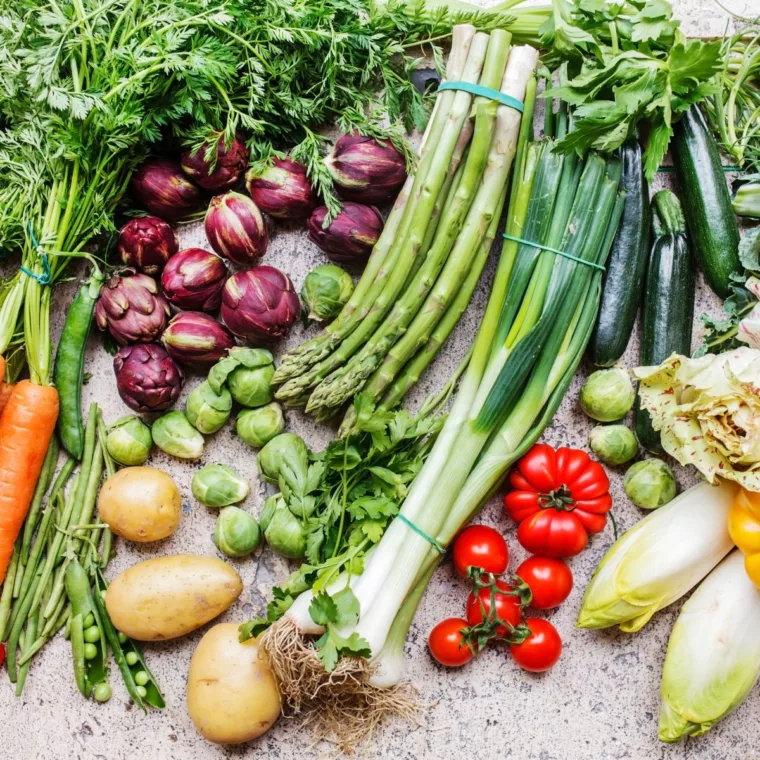
In addition, adequate fluid intake and a balanced diet are important for kidney health.




